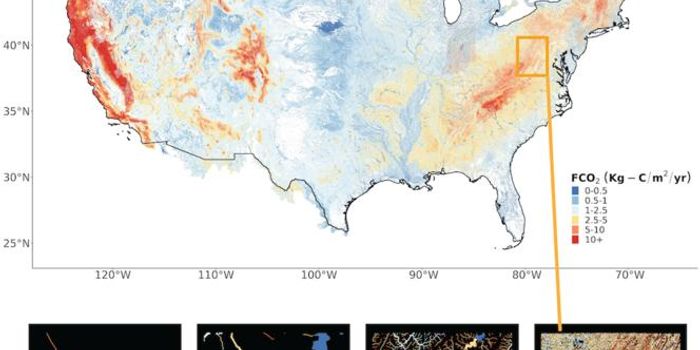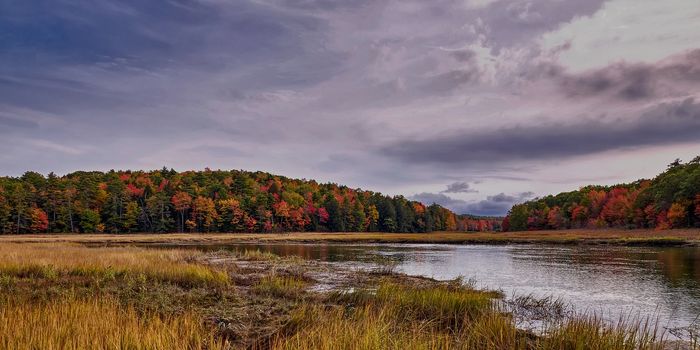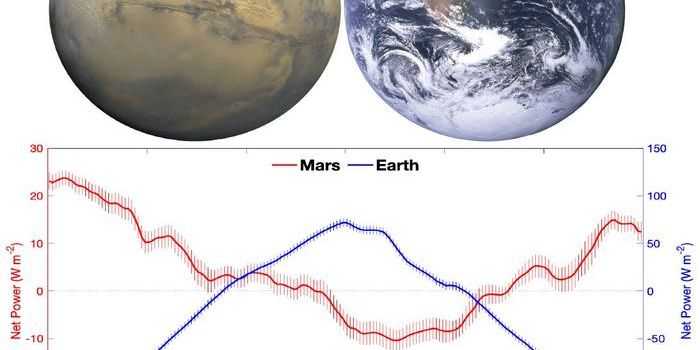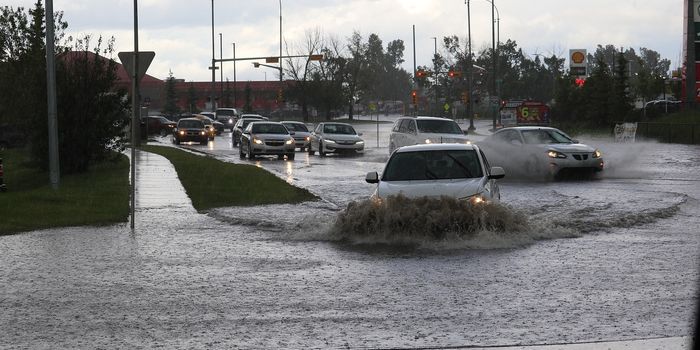Submerged aquatic vegetation help to buffer bays against acidification
New research reported in the journal Nature Geoscience provides a recommendation for how to combat ocean acidification in bays. The study, carried out by scientists at the University of Delaware, considered how submerged aquatic vegetation (SAV) could protect the Chesapeake Bay from acidification in its estuaries.
Collaborating with researchers from Xiamen University in China, St. Mary's College, Oregon State University and the University of Maryland Center for Environmental Science's Chesapeake Biological and Horn Point Laboratories, the University of Delaware team set out to analyze how the presence of SAV beds in the bay buffer against pH decreases and support pH increases.
"Just like people take Tums to neutralize the acids that cause heartburn, the idea is that SAV beds send carbonate minerals to the lower Bay to neutralize acids there," said co-author Jeremy Testa of the University of Maryland Center for Environmental Sciences.
The scientists discovered that the photosynthesis carried out by the plants in SAV beds at the head of the bay and in other shallow, nearshore waters like the Susquehanna Flats, remove nutrient pollution in the bay. But not only that, they can also create very high pH and raise the carbonate mineral saturation state, which in turn helps produce calcium carbonate minerals. As Science Daily explains, “When these calcium carbonate particles and other biologically produced carbonate shells are transported downstream, they enter acidic subsurface waters where they dissolve.”
Knowing that the carbonate is formed in the upper bay, the team wanted to figure out why they were seeing this carbonate dissolution in the lower bay. "So, in the paper we hypothesize that it's that formation in the SAV bed that gets transported downstream and dissolves and we reproduce this downstream transport with a numerical model," said researcher Wei-Jun Cai. "This carbonate that is transported from upstream actually acted as a way to resist, to buffer the pH of the system."
"This is a very interesting thing," Cai continues. "People talk about ocean acidification and very rarely talk about what resists it, what can buffer the system against ocean acidification. So that's what we want to find."
The findings of this study have significant implications for coastal nutrient management and reduction. The researchers say that while there is more work to be done, they hope their investigations will inform strategies for managing and preventing acidification in bays.
Sources: Nature Geoscience, Science Daily









